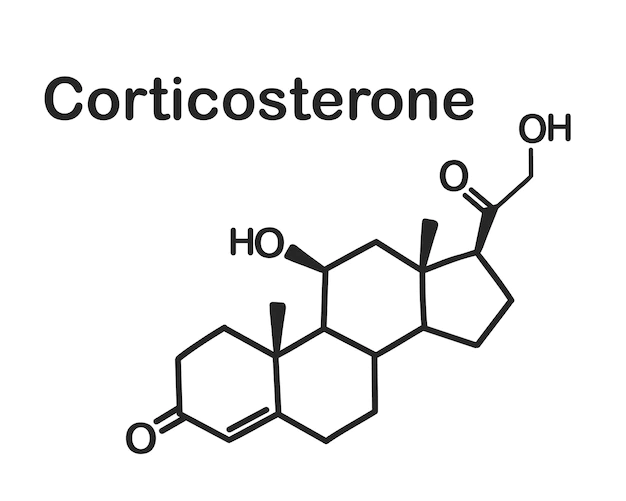Impact of Long-Term Corticosteroid Use on Bone Health

Long-term corticosteroid use can have a significant impact on bone health and increase the risk of osteoporosis. Here are some ways that corticosteroids can affect bone health:
- Corticosteroids interfere with calcium absorption: Corticosteroids can interfere with the body’s ability to absorb calcium, which is essential for building and maintaining strong bones.
- Corticosteroids increase bone resorption: Corticosteroids can increase the rate of bone resorption, the process by which bone tissue is broken down and released into the bloodstream. This can lead to a decrease in bone density and an increased risk of fractures.
- Corticosteroids reduce bone formation: Corticosteroids can reduce the production of new bone tissue, making it more difficult for bones to repair themselves after injury or damage.
- Corticosteroids affect hormone levels: Corticosteroids can affect hormone levels, including those that are important for bone health. For example, corticosteroids can reduce levels of estrogen in women, which can contribute to bone loss.
- Corticosteroids increase the risk of falls: Corticosteroids can cause muscle weakness and balance problems, increasing the risk of falls and fractures.
If you are taking corticosteroids for a long period of time, it’s important to work closely with your healthcare provider to monitor your bone health and reduce the risk of osteoporosis. Your healthcare provider may recommend:
- Calcium and vitamin D supplements: Calcium and vitamin D are essential for building and maintaining strong bones, and supplements may be recommended to help offset the negative effects of corticosteroids on bone health.
- Medications to prevent bone loss: Bisphosphonates and other medications may be recommended to help prevent bone loss and reduce the risk of fractures.
- Regular bone density testing: Regular bone density testing can help to monitor bone health and identify any changes that may require additional treatment.
- Lifestyle modifications: Lifestyle modifications, such as regular exercise, can help to maintain bone health and reduce the risk of fractures.
In summary, long-term corticosteroid use can have a significant impact on bone health and increase the risk of osteoporosis. If you are taking corticosteroids for a long period of time, it’s important to work closely with your healthcare provider to monitor your bone health and reduce the risk of osteoporosis.
